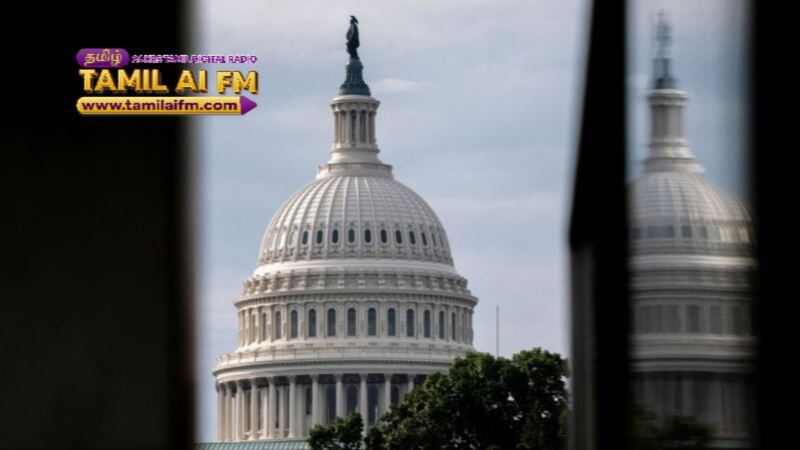WASHINGTON — With US government funding due to expire at midnight tomorrow, Republicans and Democrats in Congress are showing no signs they will agree to a temporary spending fix that would avert a shutdown.
President Donald Trump will convene a meeting with congressional leaders at the White House today in a last-ditch attempt to end the standoff. But Democrats have signaled they are not willing to simply sign off on the short-term funding plan Republicans support without some accommodations.
If Congress does not act, thousands of federal government workers could be furloughed, from Nasa to the national parks, and a wide range of services would be disrupted. Federal courts might have to close and grants for small businesses could be delayed.
This is a fight over more than temporary funding, however. It is the continuation of a battle that has been brewing since Trump took office in January and refused to spend billions of dollars that Congress had already approved.
Democrats aim to use the threat of a shutdown to restore some of that funding and shore up healthcare subsidies due to expire at the end of the year.
At stake is US$1.7 trillion (RM7.17 trillion) in “discretionary” spending that funds agency operations, which will lapse at the end of the fiscal year tomorrow if Congress does not extend it.
That amounts to roughly one-quarter of the government’s total US$7 trillion budget, with much of the remainder going to health and retirement programs and interest payments on the US$37.5 trillion debt.
The spotlight will be on Trump, a Republican who has blamed Democrats for the impasse, and Senate Democratic Leader Chuck Schumer, who will have to keep his rank-and-file in line in order to attain his party’s goals.
The Republican-controlled House of Representatives narrowly passed a bill on September 19 to keep government agencies funded through November 21. The Senate, where 60 votes were required to approve the measure, promptly defeated it.


